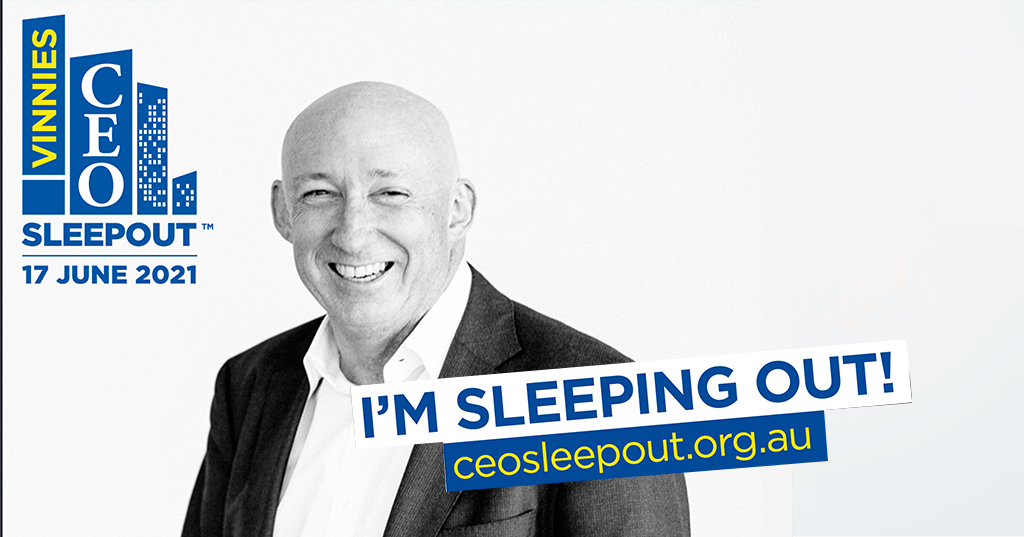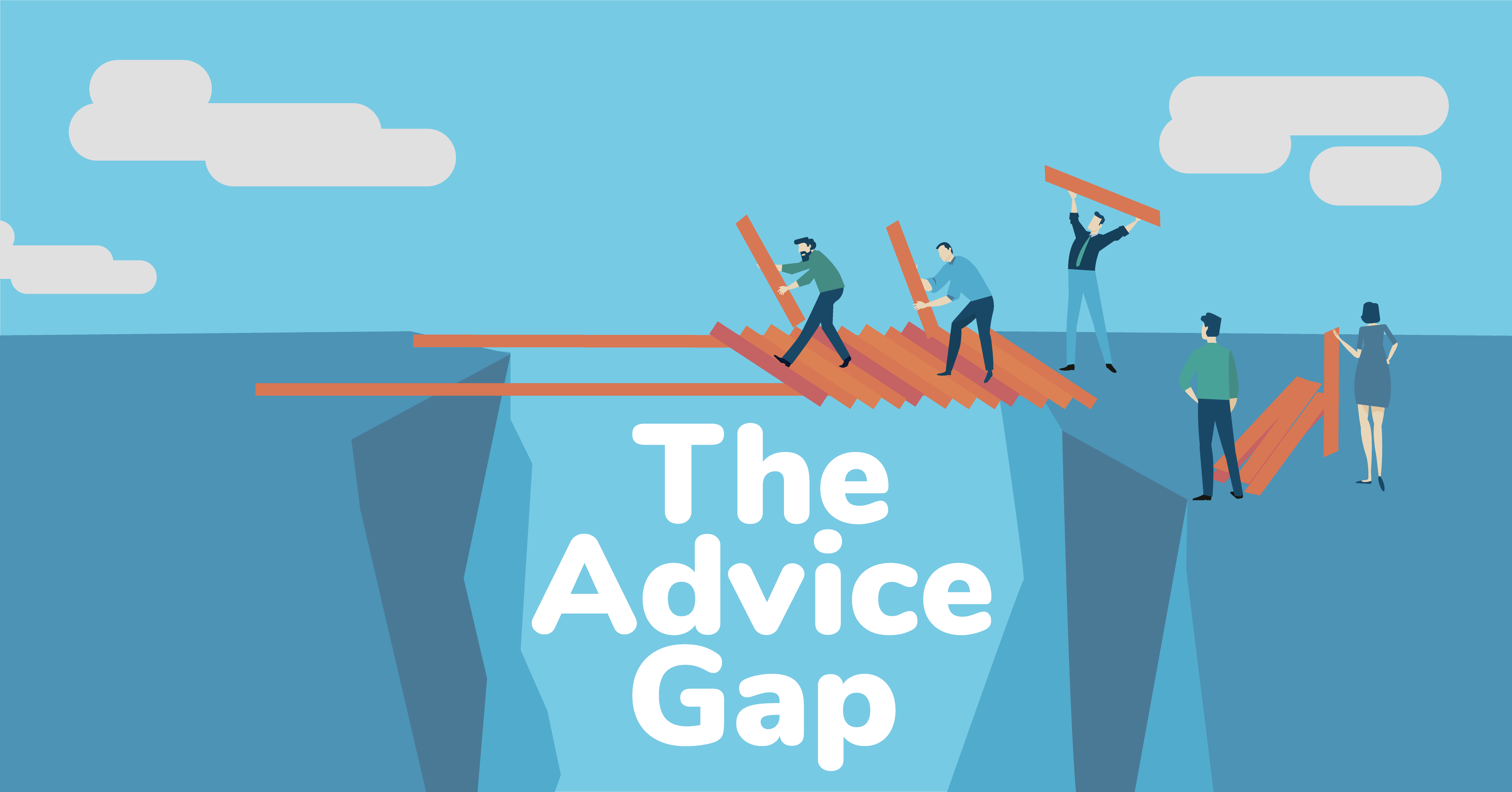Last month, CPA Australia released a report on The Value of Advice. As many financial advisors already know, the chasm is widening between those who have access to professional advice – and those who don’t.
Now CPA Australia has shown exactly how this “advice gap” impacts our economy. Australians could expect an economic uplift of $630 billion each year if everyone had access to proper financial advice.
Why Does Access to Advice Matter?
Keddie Waller – the CPA Australia head of public practice – recently joined host Jotham Lian on Accountants Daily Insider to discuss these findings. Although the estimated $630 billion figure would only be possible in an ideal world, it shows why cash flow makes a difference, even on the individual level. After all, when you average that number across the entire Australian population, it comes out to an extra $24,000 per person.
“That $24,000 figure [is an] average across all of Australia, so it would be different depending on the individual circumstances if this was in real life. But really what we wanted to show was that if you get the advice model right – if you get more people accessing advice – it’s going to have great benefits not only to them as an individual, but to their communities and, more broadly, the Australian economy.”
Keddie Waller, CPA Australia
For small business owners, getting that additional $24,000 could mean the difference between keeping the lights on and shuttering the doors. In an interview with PYMNTS.com, QuickFee CEO Bruce Coombes offered a similar perspective, based on his experience working with small business owners across the globe:
“There was a survey done a few years ago and one of the questions for business owners was: ‘If you could have any amount of money to transform your business, what would it be?’ And the answer was $50,000 – that’s all.”
Bruce Coombes, QuickFee
So why do people have such a hard time getting financial advice and making the most of their money? Waller attributes this problem to regulatory siloes in the Australian accounting industry.
Although the industry treats services like “mortgage broking” and “credit planning” as distinct areas, the average person doesn’t discriminate. Clients often turn to their preferred accountant only to find that they don’t offer the specific service they need.
How Do We Eliminate the Advice Gap?
The CPA Australia report highlights the long-term need for thoughtful changes to our regulatory system. Individuals and SMEs need great financial advice more than ever, and yet policymakers are misunderstanding their concerns and goals.
Although lawmakers will play an important role in changing this situation, accounting professionals don’t have to wait for regulatory reform. The report also recommends that Australian advisors start moving to a “client-centric model of advice.” That means redefining your firm’s services and processes to better meet client goals.
3 Ways Accountants Can Reach the Right Clients Now
There’s no doubt that accountants are in a special position to help individuals and businesses through these difficult times. Here are a few ways accountants can move towards a client-centric model right now – and start bridging the advice gap in their communities.
1. Promote financial literacy.
In the Value of Advice report, SMEs and consumers demonstrated much lower financial literacy than they believed they had. At the same time, both groups reported that they wanted more help with budgeting, savings, retirement planning, and making investment decisions.
Firms can fill that need by promoting financial literacy within their networks and communities. In fact, this is one area where grassroots efforts could have a much deeper impact than regulatory changes. As a local advisor, you can help the next generation become better at managing personal finances or building sustainable businesses.
A few ideas for promoting financial literacy:
- Volunteering with local schools to teach children about personal finance
- Organizing financial events/ webinars with local business owners
- Reaching out to employers to discuss 401(k) plans and benefits with their employees
- Publishing articles and guest posts on financial topics that matter to you
- Making financial courses accessible to under-served groups and communities
2. Offer payment methods your clients will appreciate.
Until recently, many accountants didn’t even offer online payments. Although that has shifted, professionals are still reluctant to use alternative payment methods that could add value for their clients.
According to the 2019 Consumer Payments Survey by the RBA, demand has risen for more flexible payment methods like “Buy Now, Pay Later” payment plans. The pandemic has only accelerated this trend in Australia and across the world.
All businesses and individuals struggle with cash flow at times. An easy payment plan option allows you to free up liquidity on both sides of the table. (You’ll also make your services more appealing to the people who need them.)
3. Add more content resources to your online marketing campaigns.
Great marketing does more than just sell products: It educates your target audience about how they can benefit from your help. One of the best ways to overcome the advice gap, then, is to improve your online marketing efforts and share information about your unique services. Typically, this means creating blogs, eBooks, webinars, and other educational resources to share on your website and in marketing campaigns.
A few questions to keep in mind when you’re producing content:
- What terms and topics would your ideal clients be looking for online?
- Are there any questions that keep coming up with your clients? How can you best answer these questions?
- Do you have a specific niche or skillset that could set your content apart?
- Does the terminology you’re using make sense from the client’s point of view? What terms would they most likely be confused about?
By producing content on financial topics, you can raise the profile of your firm and educate your core audience at the same time. That’s a win for everyone.
At QuickFee, we offer payment solutions that make it easier for accountants to help their clients. Contact us to learn more about our payment plan and financing products!






 Whilst the world continues to throw new and interesting challenges at us – whether it’s a pandemic, a personal loss or something as common as a cold – if we have a strong sense of self-belief, work hard and just have fun we will continue to build our reserves of resilience.
Whilst the world continues to throw new and interesting challenges at us – whether it’s a pandemic, a personal loss or something as common as a cold – if we have a strong sense of self-belief, work hard and just have fun we will continue to build our reserves of resilience.







